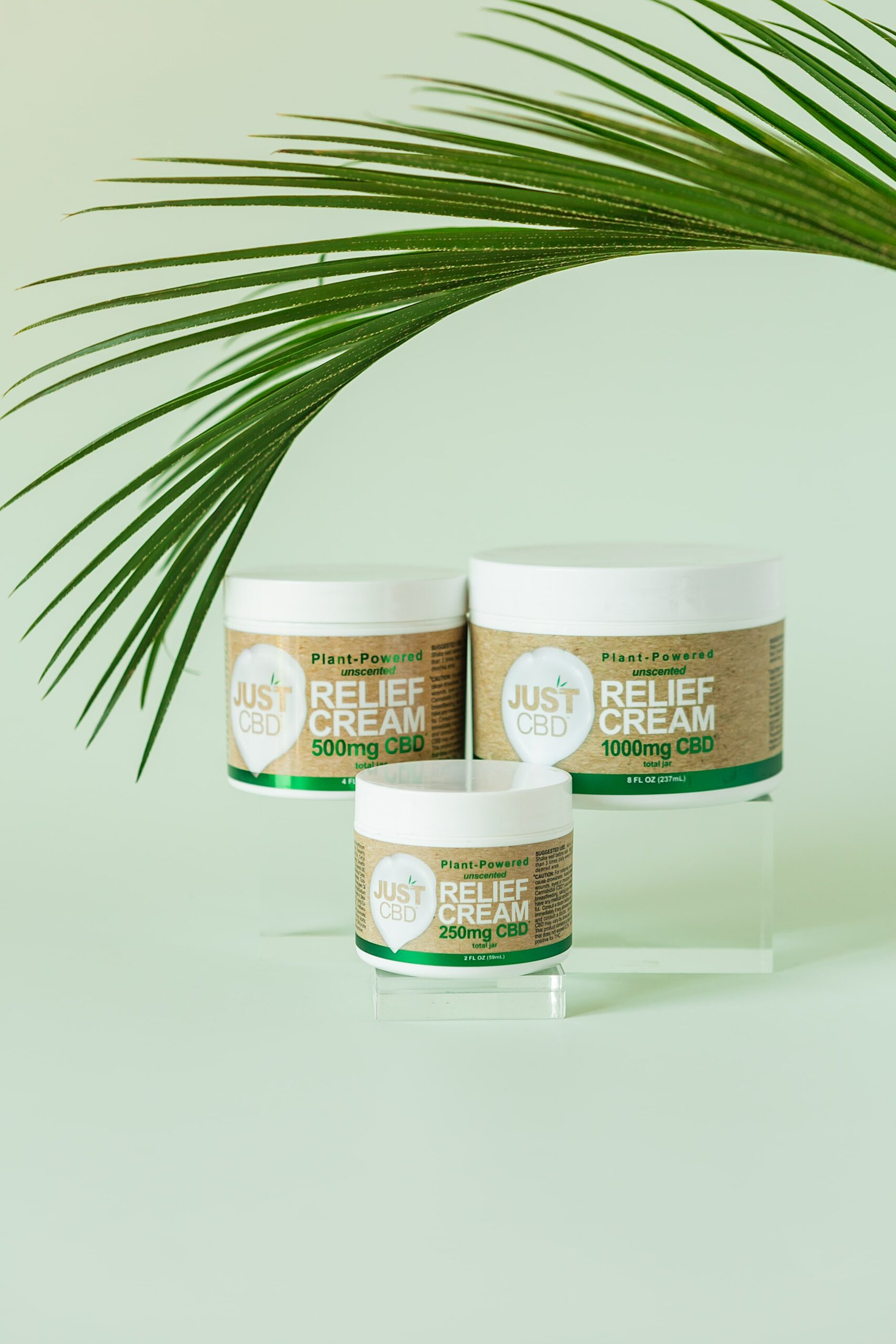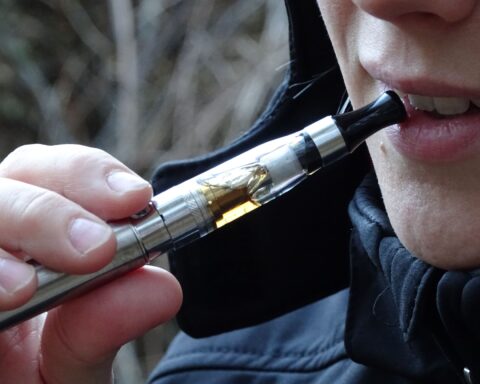CBD can be a great ally to help fight nicotine addiction and withdrawal from smoking. According to the WHO data, tobacco addiction is a global challenge. It is one of the main causes of preventable deaths around the world. Tobacco addiction is mainly physical and psychological as well. It is usually mediated by some specific pattern of behavior in the daily life of smokers. Hence making it difficult to overcome the addiction.
Peto et al. (1992) discovered that approximately six million people die every year from some causes related to tobacco use. Many studies can confirm the serious repercussions that tobacco use and abuse have on the daily life of its users.
It is estimated that 7% of smokers can withdraw from tobacco dependence at any time in their lives without resorting to any medical treatment. Only 25% of those who go for pharmacological treatment can manage to stay for more than six months without relapsing.
The article explores various ways of using CBD to treat addiction, the common withdrawal symptoms after quitting cigarettes, and how to treat nicotine addiction.
Can CBD Help You Treat Nicotine Addiction?
CBD is one of the cannabinoids that are found in the cannabis plant. Unlike the THC cannabinoid, it does not contain psychoactive effects. But its main properties are associated with different healing elements, especially as an analgesic, anxiolytic, and anti-inflammatory remedy.
According to the above information, there are more advocates for CBD as an alternative treatment for abusing substances like cocaine, alcohol, and tobacco. Although the preliminary results are promising, some more deep investigation of CBD anti-tobacco addiction properties is required.
Ways of Using CBD to Treat Addiction
Morgan et al. (2013) mentioned that CBD could be used to help smoking addicts quit. There are different ways of using CBD to stop smoking. Many cannabidiol users take it as CBD oil. But as mentioned above, tobacco addiction is not only physical dependence on nicotine but the smoking habit that prevents most smokers from quitting. Choose another intake method like some CBD-rich hemp flowers or the vaper for e-liquid with CBD. They can progressively help to withdraw from using tobacco. Remember that from a health point of view, using inhalers is more recommended than smoking the flowers because it can cause combustion and generate toxic substances.
Many CBD e-liquids on the market contain different concentrations and flavors. In Europe, selling such products is regulated, and the sanitary controls are very strict, so Berg et al. (2013) clarified that vaping CBD could be the best solution to stop smoking.
Sholler et al. (2020) also stated that new CBD-rich products appear to help reduce anxiety caused by nicotine withdrawal. Tobacco addicts have a better chance of quitting smoking if they consume a modest amount of CBD every day.
Buy High-Quality Products
CBD sources may make or break the CBD experience to withdraw from smoking cigarettes. There is a universal rule for buying CBD oil in unregulated markets like the United States. Ensure you only buy from reputable brands. Confirm the brand you select achieves the following points.
Source of the Hemp
Choose the brands with in-house organic hemp fields in the United States and western Europe. Avoid the products sourced from mass production of hemp and imported from overseas because the type of hemp is usually contaminated with pesticides, synthetic fertilizers, and heavy metals.
The Ingredients Used
The concentration of THC in CBD oil must be less than 0.3 % for it to be considered legal at the federal level. Products with higher THC content are treated as marijuana at the federal level, thus prohibited unless the country has some legislation that legalizes it for recreational purposes.
Laboratory Report
It is always good to select a company that offers a certificate of analysis for their products. The certificate gives you an insight into the product’s phytochemical profile, like the amount of THC content and the purity level.
Start with Low Dosage
There are no established dosage guidelines because CBD has not yet been clinically tested for tobacco addiction. You can still get a quick reference point by checking the guidelines that examine the efficacy of various doses of CBD for quitting cigarettes.
Consulting a medical expert in using CBD for addiction may help establish the optimal starting dosage. Start with a low dose of 10-15 mg per day to see how the body responds to cannabidiol. If it works for you, you can start taking more to access the amount that reduces the salience of tobacco stimuli.
Some Common Withdrawal Symptoms after Quitting Cigarette
Withdrawal symptoms of quitting cigarettes differ depending on the severity of the addiction and the body’s dependence on nicotine. Common withdrawal symptoms include irritation, depressive mood, thinking problems, insomnia, headaches, nausea, abdominal cramping, constipation, restlessness, and slow heart rate. Psychological factors that accompany physical withdrawal symptoms:
- Feeling of frustration
- A strong desire to light up
- Difficulty concentrating
- Low mood
- Mood swing
- Anxiety
- Poor response to stress
Managing the above withdrawal symptoms is the most important element of quitting smoking cigarettes. The CBD seems to fit well here. However, according to doctors, using CBD oil to stop using cigarettes is not the first treatment choice.
How to Treat Nicotine Addiction
Pharmaceutical corporations have responded with nicotine gums patches to fight tobacco addiction. However, cessation devices are mostly for damage control than an effective solution to the problem. The protocols above cut off the smoking part because they target delivering nicotine in high concentrations high enough to stop nicotine cravings, but they ignore the behavioral aspects of addiction.
Some people want to partake in their rituals without caring about nicotine. This explains why substituting nicotine vapes with tobacco can successfully reduce nicotine use among people addicted to smoking. As nicotine is not the primary cause of tobacco-related diseases, consult a behavioral therapist and ask about behavioral therapy in conjunction with CBD oil to manage withdrawal symptoms and rewire the mind to become resistant to tobacco use.
Bottom Line
You can quit using cigarettes by using CBD oil as a viable solution for stopping the habit. Bonaccorsco et al. (2019) stated that CBD could control tobacco withdrawal symptoms like anxiety, depression, insomnia, and concentration difficulties. It can also help the user ignore cigarette cravings by making them less susceptible to cigarette use; you can smoke CBD joints or use CBD liquid vapes as a temporary alternative to overcome your addiction to cigarettes.
This ensures that CBD oil comes from a trusted source that uses organic hemp, makes full-spectrum products, and involves third-party laboratory tests for their CBD content and also the presence of potential contaminants.
References
Berg, C. J., Getachew, B., Pulvers, K., Sussman, S., Wagener, T. L., Meyers, C., … & Henriksen, L. (2020). Vape Shop Owners’/Managers’ Attitudes About CBD, THC, And Marijuana Legal Markets. Preventive Medicine Reports, 20, 101208.
Bonaccorso, S., Ricciardi, A., Zangani, C., Chiappini, S., & Schifano, F. (2019). Cannabidiol (CBD) Use In Psychiatric Disorders: A Systematic Review. Neurotoxicology, 74, 282-298.
Morgan, C. J., Das, R. K., Joye, A., Curran, H. V., & Kamboj, S. K. (2013). Cannabidiol Reduces Cigarette Consumption In Tobacco Smokers: Preliminary Findings. Addictive Behaviors, 38(9), 2433-2436.
Peto, R., Boreham, J., Lopez, A. D., Thun, M., & Heath, C. (1992). Mortality From Tobacco In Developed Countries: Indirect Estimation From National Vital Statistics. The Lancet, 339(8804), 1268-1278.
Sholler, D. J., Schoene, L., & Spindle, T. R. (2020). Therapeutic Efficacy Of Cannabidiol (CBD): A Review Of The Evidence From Clinical Trials And Human Laboratory Studies. Current Addiction Reports, 7(3), 405-412.
- Bell Peppers 101: Nutrition Facts and Health Benefits - April 19, 2024
- Products That Assist with Stress Relief - September 21, 2023
- TRÈFLE – THE ROAD TO THE 15TH - July 29, 2023







